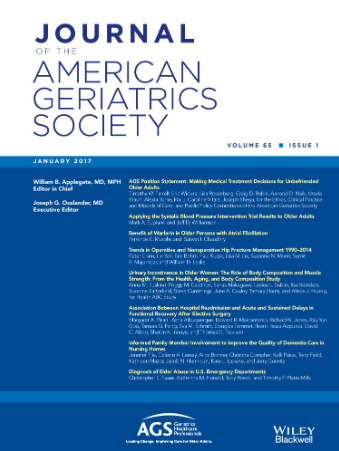Prescribing Patterns and Impact of Sedatives in Hospitalized Older Adults: A Secondary Analysis of the MedSafer Study
Abstract
Background
We aimed to examine the impact of sedative prescription patterns in hospitalized older adults on post-discharge adverse drug events (ADEs), falls, and sleep.
Methods
We conducted a secondary analysis of the MedSafer randomized controlled trial (RCT; NCT03272607) which included hospitalized adults ≥ 65 years of age who were taking ≥ 5 medications. We identified patients who completed follow-up at 30 days post-discharge and provided patient-reported outcomes for sleep disturbance (PROMIS SD 4a). We grouped patients based on sedative use as follows: nonusers, continued home use (pre- and post-hospitalization), deprescribed home use, and new use at discharge. Using multivariable logistic regression, we compared the odds of patients having experienced ≥ 1 ADE (not necessarily ascribed to sedatives), a fall, or any adverse event within 30 days post-discharge. We also used ordinal logistic regression and a minimal important difference approach to compare the change in sleep disturbance at 30 days post-discharge.
Results
The cohort comprised 3630 patients with a median age of 78. A total of 2810 (77.4%) were categorized as nonusers; 475 (13.1%) continued home use; 293 (8.1%) deprescribed home use; and 52 (1.4%) new users at discharge. Compared to the continued home use group, the deprescribed group was substantially less likely to experience an ADE post-discharge (adjusted odds ratio [aOR], 0.39 [95% CI, 0.16–0.97]). Correspondingly, new users at discharge had substantially higher odds of falls (aOR, 2.51 [95% CI, 1.13–5.61]). Favorable changes in sleep disturbance were more likely among nonusers (aOR, 1.29 [95% CI, 1.05–1.58]) and deprescribed users (aOR, 1.11 [95% CI, 0.82–1.50]) when compared to continued users.
Conclusions
In this cohort, patients who had their sedatives deprescribed were 61% less likely than continued users to have a post-discharge ADE, and new sedative use at discharge was associated with appreciable risk of falls. Hospitalization likely represents a window of opportunity to improve care by promoting sedative deprescription and avoiding new starts.


 求助内容:
求助内容: 应助结果提醒方式:
应助结果提醒方式:


